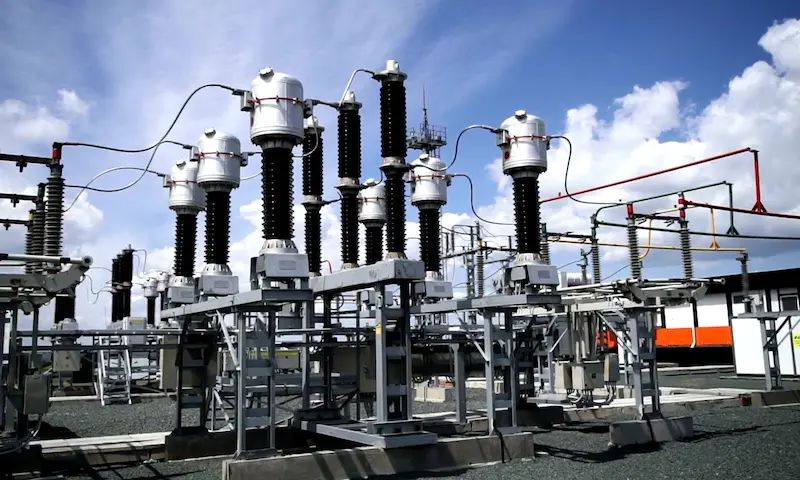Nigeria’s national electricity grid collapsed once more on Tuesday, causing yet another nationwide blackout just 24 hours after power had been restored.
The collapse, which occurred around 9 a.m., was confirmed by various electricity distribution companies (DisCos), including Ikeja and Eko DisCos, who informed customers of the outage and assured them that efforts were underway to restore power.
The recurring grid failures have left Nigerians increasingly frustrated, with citizens and businesses struggling to cope with the unreliable power supply.
Ikeja DisCo, in a statement to its customers, confirmed the system outage and noted that supply restoration was being coordinated with key stakeholders. Similarly, Eko DisCo also communicated the grid collapse to its customers, explaining that the failure had affected power supply across its network.
Both companies expressed hope for a quick resolution while urging customers to be patient as restoration efforts continued.
This latest incident marks the sixth collapse of the national grid in 2024, reflecting the ongoing fragility of Nigeria’s power infrastructure. As has been the case in previous collapses, all distribution companies across the country are currently receiving no electricity from the grid, leading to widespread power cuts.
Businesses and households have been left to rely on self-generated power, further burdening an already energy-strained population.
The recurring grid collapses are a stark reminder of the unresolved issues plaguing Nigeria’s electricity sector. Despite efforts to improve the situation, including the privatisation of power generation and distribution companies in 2013, the national grid remains vulnerable.
While the government continues to seek solutions to stabilise the sector, the frequent outages disrupt economic activities and the daily lives of millions of Nigerians.
As of October 2024, the national grid has collapsed seven times, underscoring the urgent need for structural reforms in the power sector.
The repeated failures not only affect households but also significantly disrupt business operations, with many companies resorting to costly alternatives like generators to maintain operations during the frequent blackouts.
